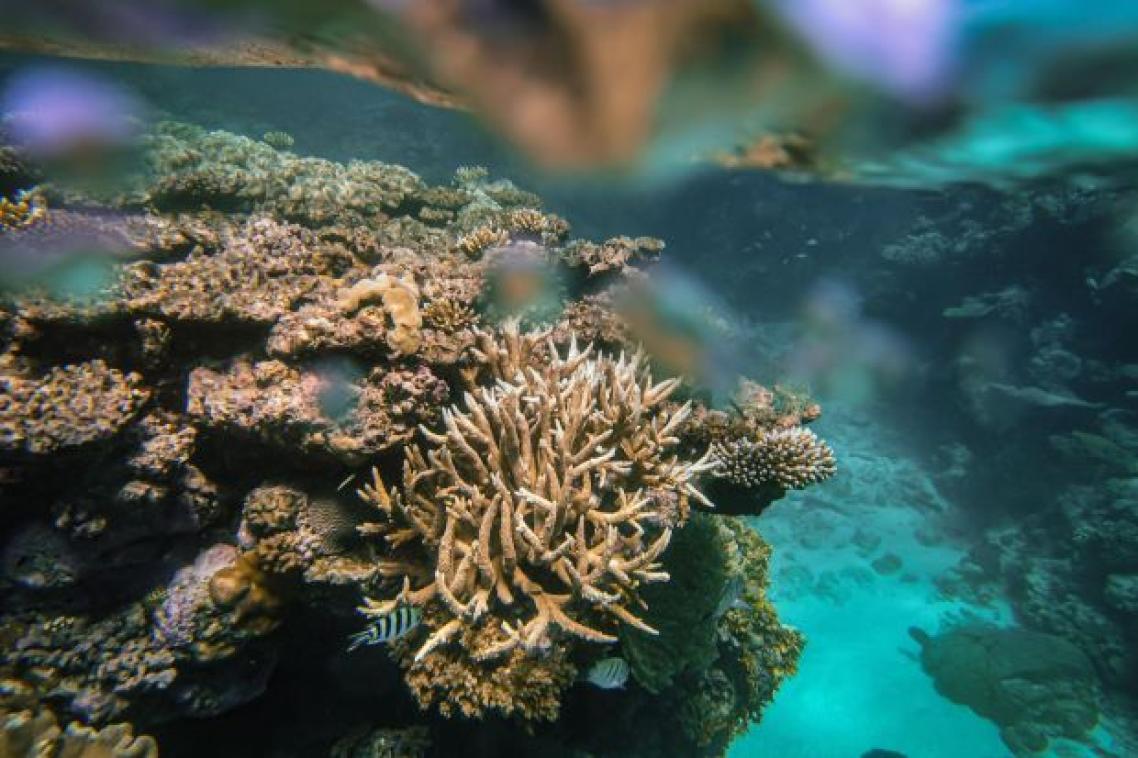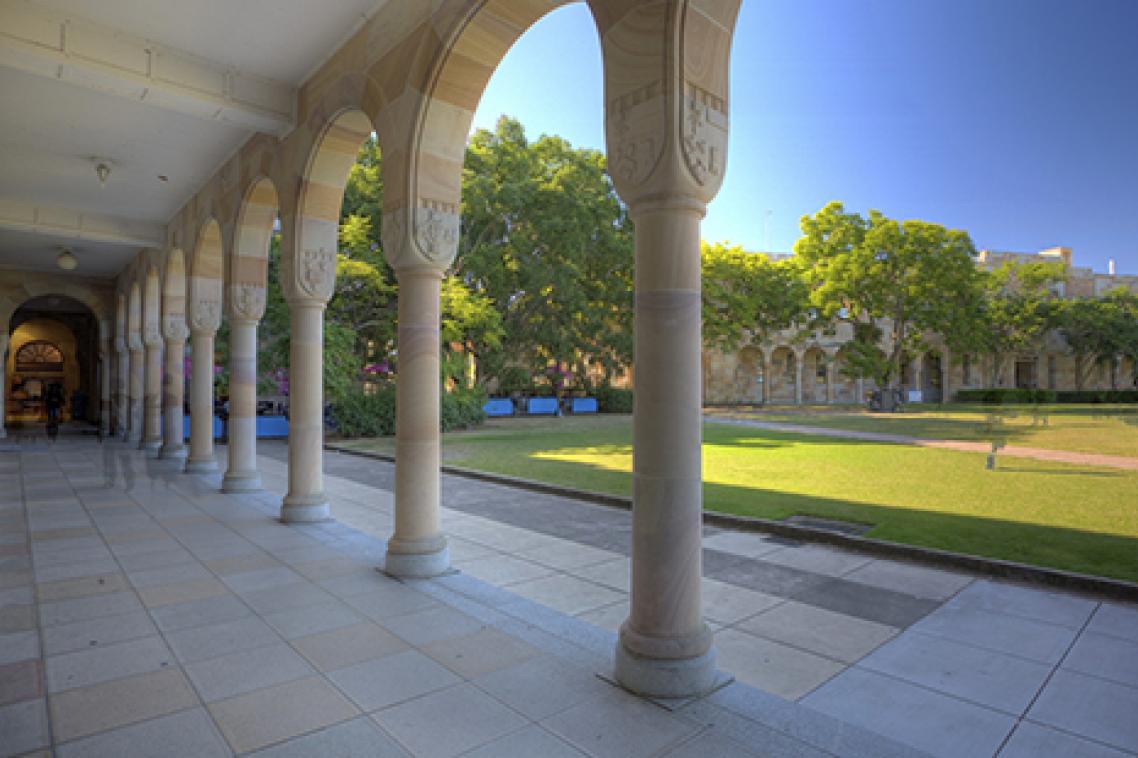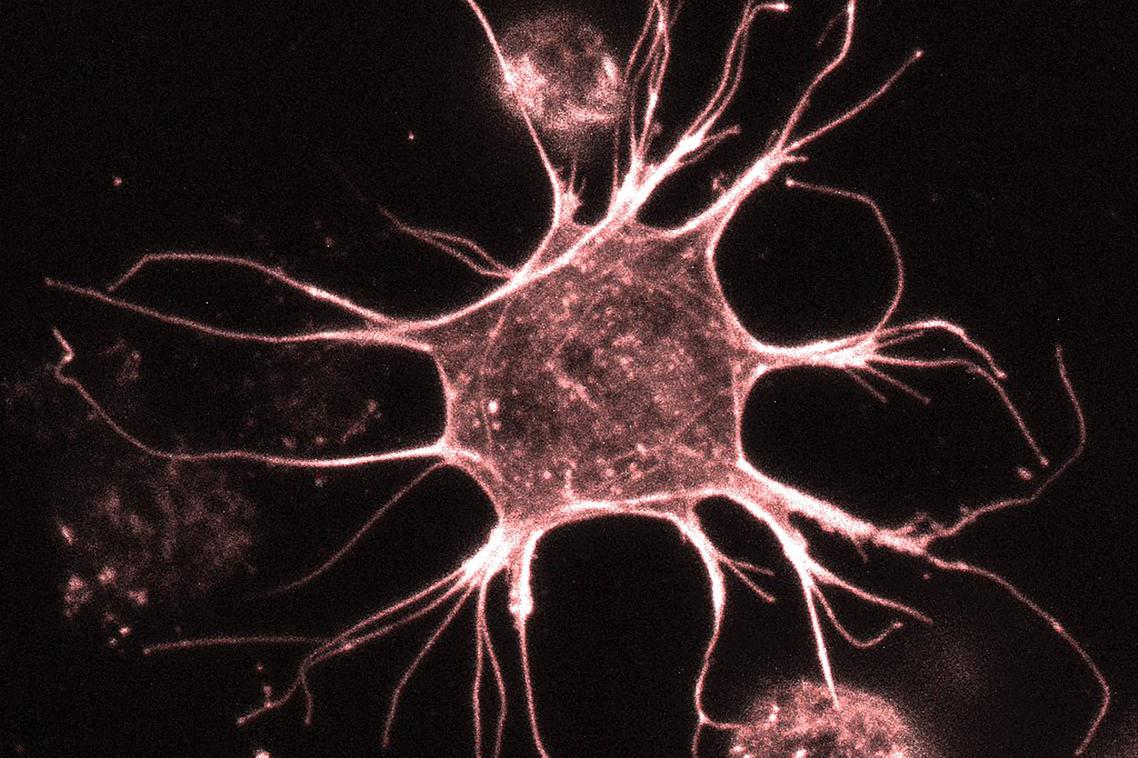Reef tourism encourages climate action

University of Queensland research has revealed that informing tourists visiting the Great Barrier Reef about climate impact doesn’t negatively affect their experience and can help encourage climate action.
The researchers surveyed 656 reef visitors about their experiences and behaviours during boat trips.
Dr Yolanda Waters from UQ’s School of the Environment said the results showed information on climate change was positively received by visitors.
“Informing visitors about the impacts climate change has had on our marine environment doesn’t diminish visitor’s enjoyment of the Great Barrier Reef – we found it might even do the opposite,” Dr Waters said.
“80 per cent of participants wanted more information on climate change, specifically on what they could do to help.”
Dr Waters said the findings were a win-win for both the climate and the tourism industry.
“In the world of tourism, there’s this lingering idea that providing information on climate change might appear divisive or ‘ruin’ people’s day, particularly in places that are vulnerable to degradation,” she said.
“But our work shows there’s an opportunity for tourism operators to enhance visitor experiences while simultaneously advancing climate action.”
Five boat operators across Cairns and Townsville assisted in the study, with a portion of tourists given climate information via a marine biology presentation, posters around the vessel, a short informative video and regular mentions of climate change impacts and actions throughout the trip.
Adult passengers were then invited to complete a short five-minute survey during the return leg of the day trip.
Dr Waters believes the work provides further opportunity to improve climate communication and effectively promote climate change engagement among tourists.
“Tourism can be a powerful tool for climate action,” she said.
“Our work shows that most tourists actually want more information, particularly about how they can make meaningful action.
“As the Great Barrier Reef faces escalating threats from climate change – highlighted by the Queensland Government’s latest Reef Outlook Report – the need for proactive measures has never been more urgent.
“The reef’s fragile ecosystems are under intense pressure, and how tourism responds can significantly impact both environmental outcomes and the sustainability of the industry moving forward.”
The research was published in People and Nature.
Media contacts
UQ Faculty of Science Media
science.media@uq.edu.au
+61 438 162 687
Related articles

UQ researchers and partners secure $3m in CRC-P grants

Zooming in: UQ photo contest captures science at the nanoscale
Media contact
UQ Communications
communications@uq.edu.au
+61 429 056 139
